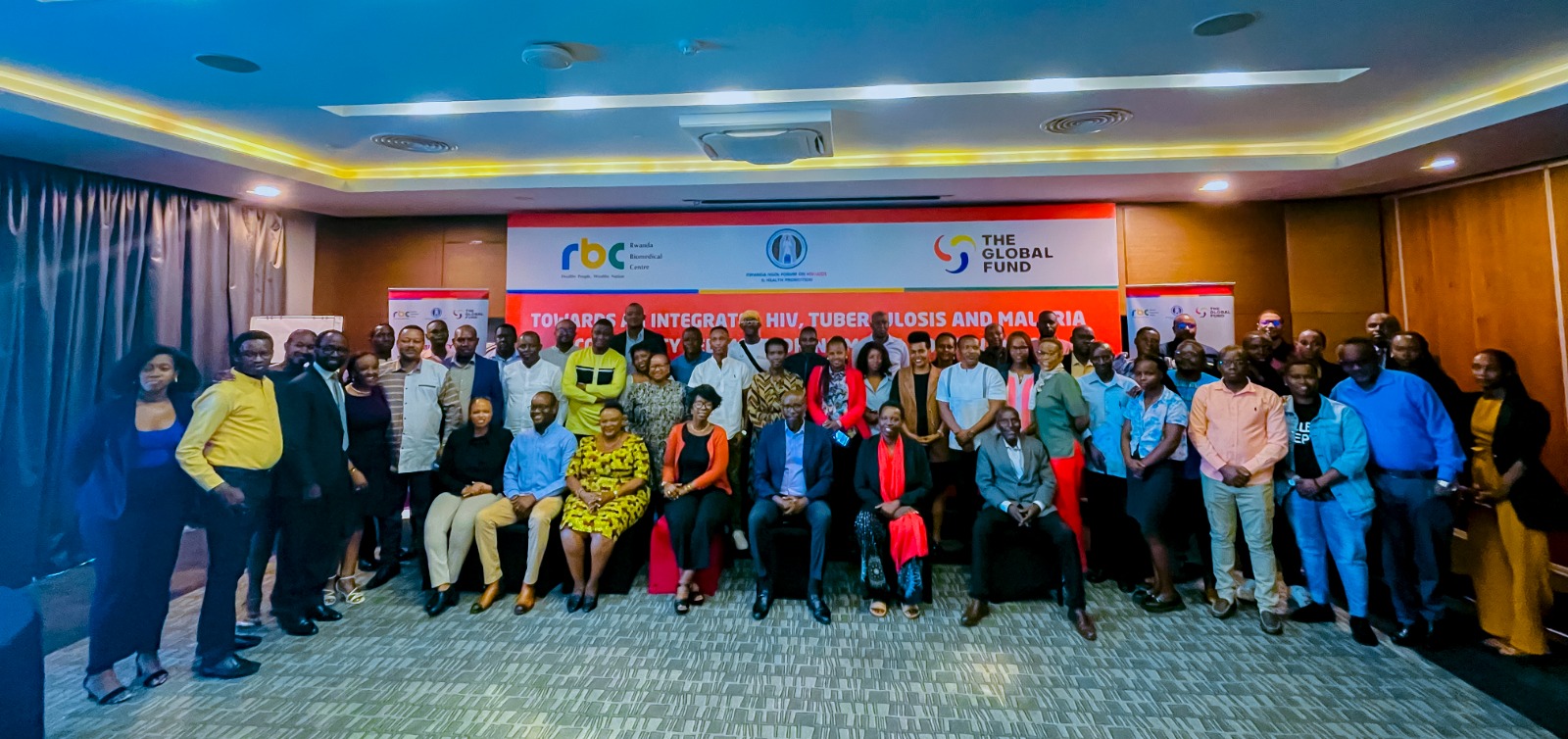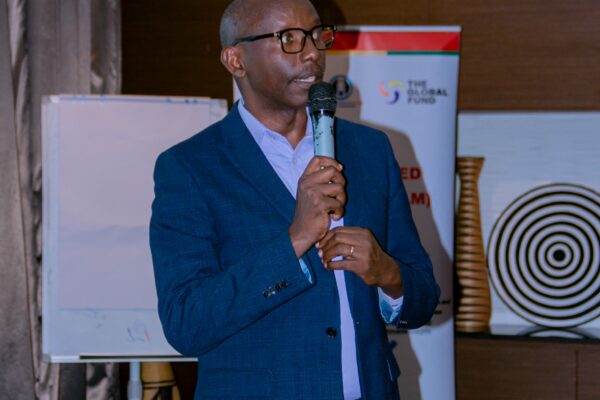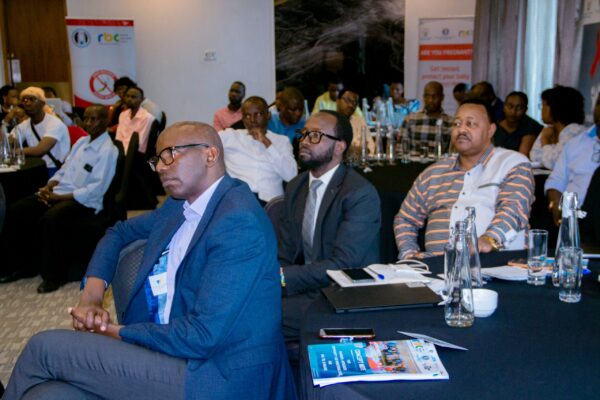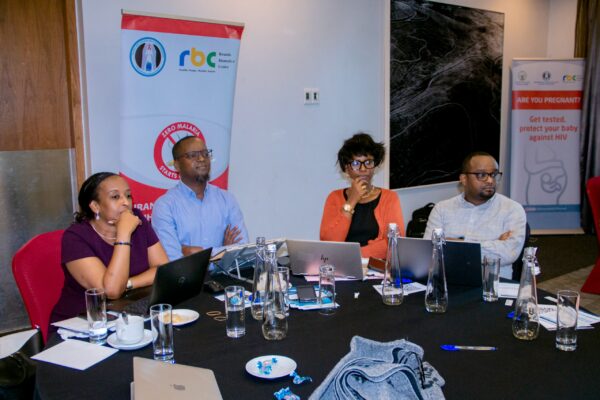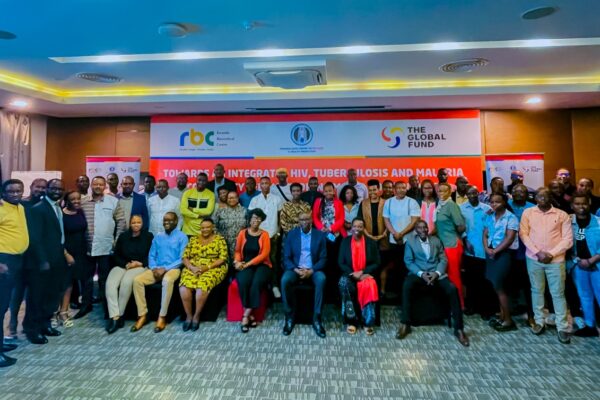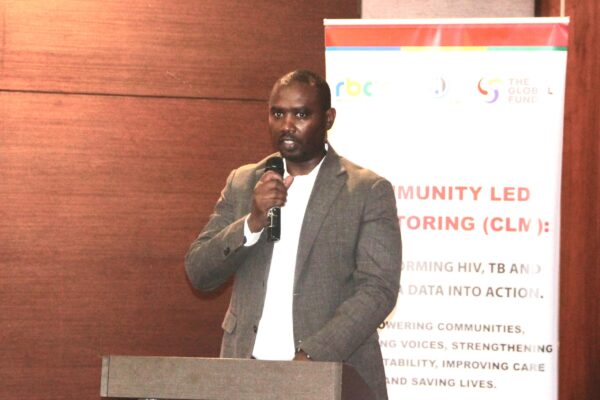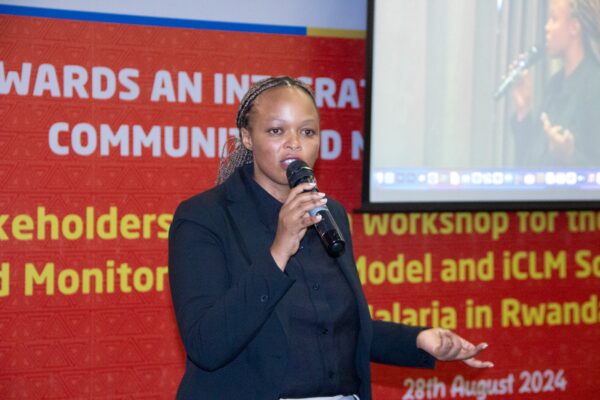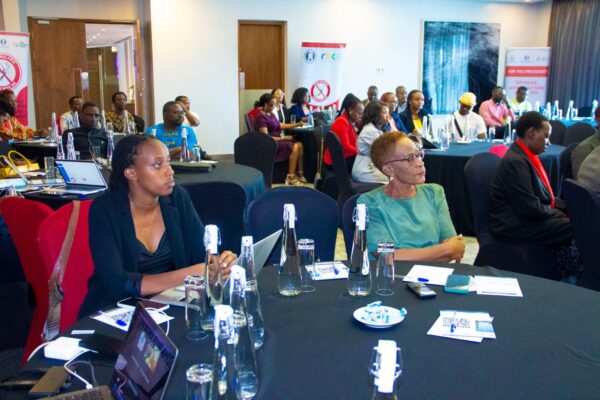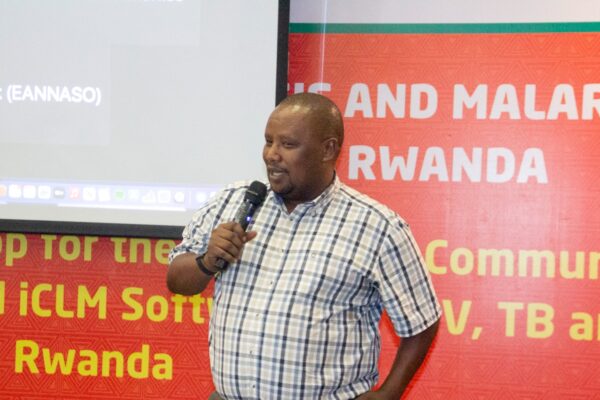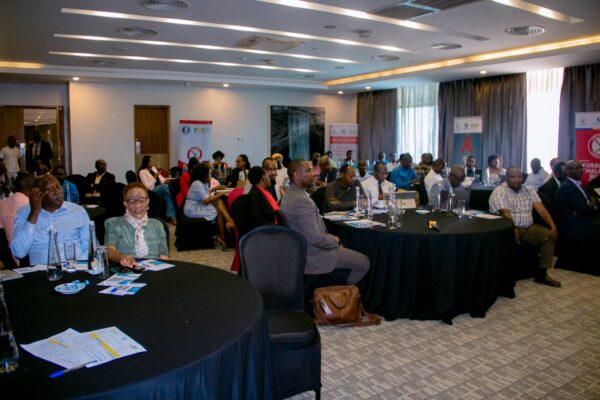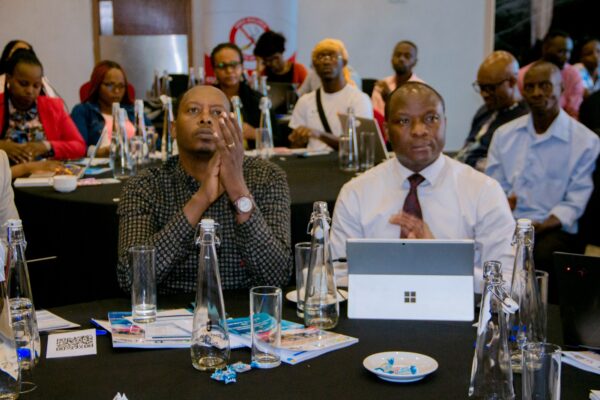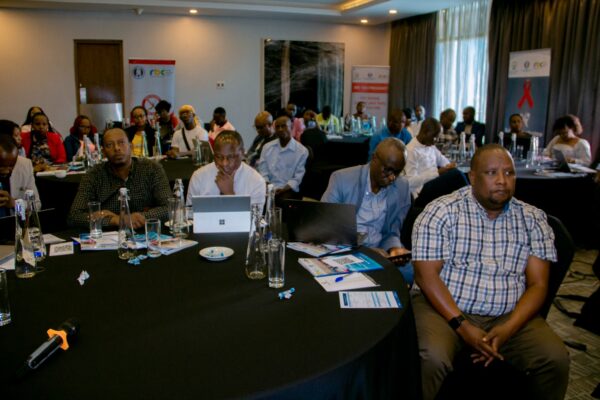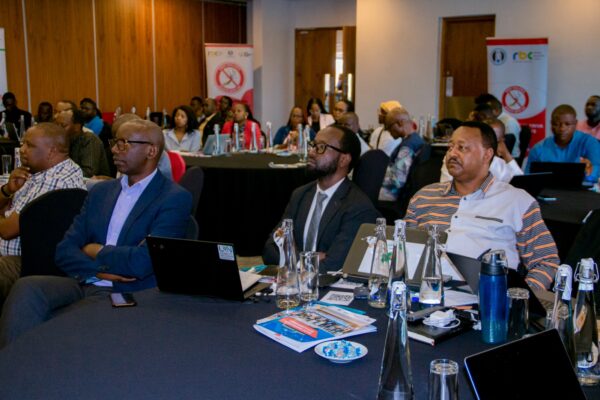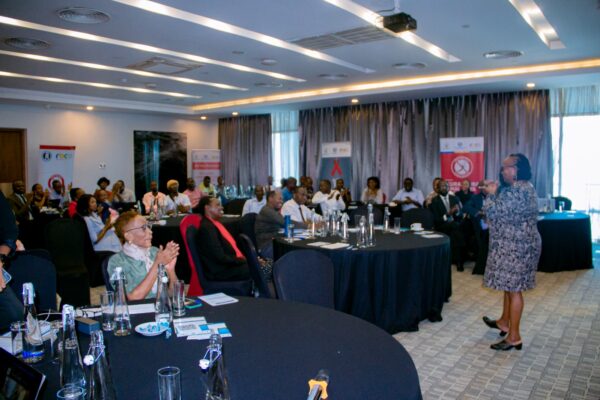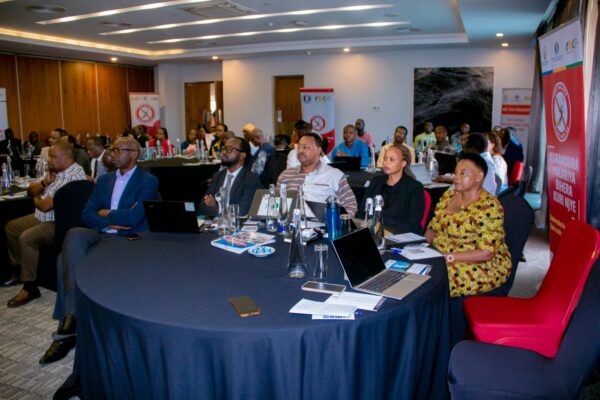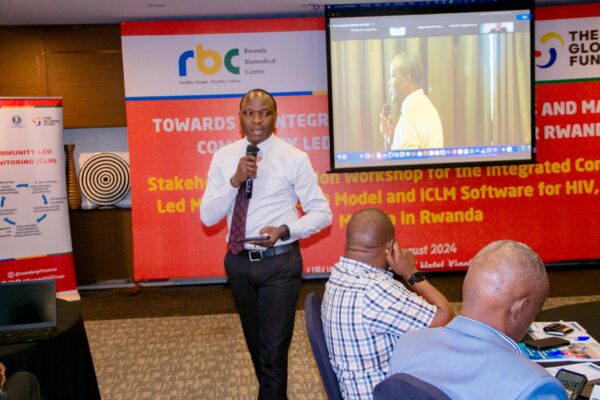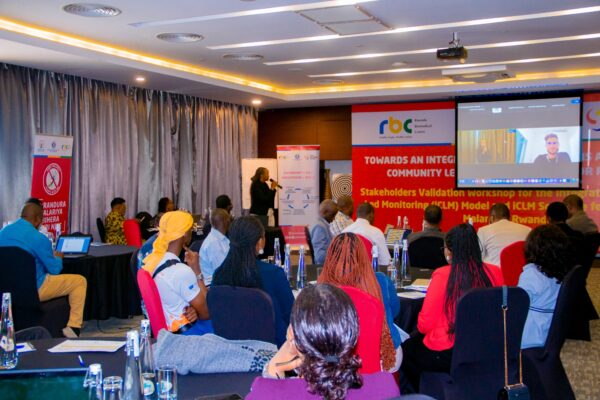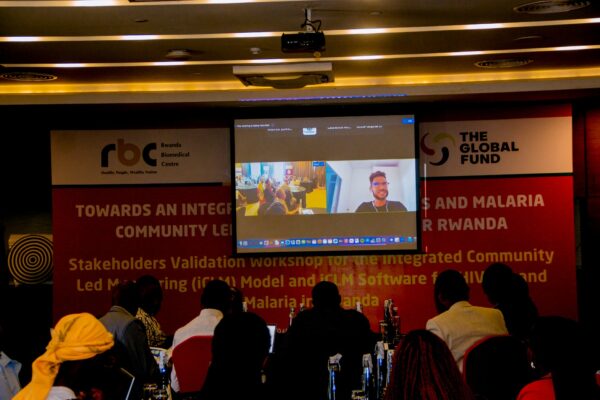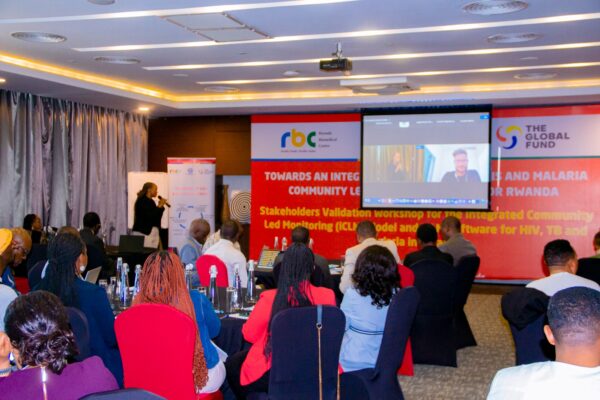“Rwanda is a global pioneer in implementing the Integrated Community-Led Monitoring (iCLM) Model. We anticipate significant positive outcomes for HIV, TB, and Malaria communities. We are also keen to explore how this innovative concept can be adapted and scaled to benefit other countries,” Keith Mienies, Senior Technical Advisor, Community Systems and Responses at The Global Fund to Fight AIDS, Tuberculosis and Malaria.
August 28, 2024, marked a remarkable milestone for the Rwanda NGO Forum on HIV/AIDS & Health Promotion as we held a crucial Validation Workshop to refine and validate the Integrated Community-Led Monitoring (iCLM) model and iCLM software for HIV, Tuberculosis and Malaria in Rwanda. This model is a key component of Rwanda’s national health strategy and aims to enhance the fight against HIV/AIDS, Tuberculosis (TB), and Malaria through communities. The iCLM model integrates services delivery monitoring efforts for these three diseases by the communities affected or infected and was presented to stakeholders and partners for feedback and validation during the workshop.
The stakeholder workshop’s overall objective was to validate the iCLM model concept note and tools for the integrated CLM model for HIV/AIDS, TB, and Malaria in Rwanda and develop iCLM Software, which will ensure that data collection, analysis, and reporting are paperless, visualized with all the necessary graphics, and real-time.
The iCLM Validation Workshop brought together a diverse group of participants, including representatives from the HIV, TB, and Malaria divisions at the Rwanda Biomedical Centre (RBC), the Director General and representatives of hospitals from selected districts (Gasabo, Rwamagana, Gisagara, Rulindo and Rubavu), civil society organizations (CSOs)/Community-Led organizations (CLOs), faith-based organizations (FBOs), and international NGOs (PIH, ICAP, JHPIEGO, AHF-Rwanda), USG (PEPFAR, CDC, and USAID), UN Agencies (UNAIDS, UN Women, WHO, UNFPA and UNICEF) and The Global Fund, and representative of high-risks groups (Miners, Rice Farmers, Fishermen, TB survivors) and key and vulnerable populations (Men who have Sex with Men [MSM], Female Sex Workers [FSWs]), Adolescent Girls and Young Women (AGYW), Youth Champions, and People Living with HIV (PLHIV).
“We deeply appreciate the role of our partners—PEPFAR, Global Fund, WHO, UNAIDS, and other UN Agencies—who stand with us in both our successes and challenges. The Ministry of Health is honored to witness the integration of various health services, ensuring that they are delivered in real-time. The iCLM model is efficient because it integrates services, allowing people to receive all necessary care at once, addressing multiple needs simultaneously. For sustainability, it’s crucial that our programs work together. We must also recognize the vital contribution and leadership of communities in co-creating their own solutions,” Dr. Muhammed SEMAKULA, The Head of the Department of Planning, Monitoring & Evaluation, and Health Financing, our Guest of Honor, underlined.
Addressing Public Health Priorities
HIV/AIDS, TB, and Malaria continue to be significant public health challenges in Rwanda. While the country has made substantial progress in combating these diseases through evidence-based approaches and national strategies, challenges remain, particularly in reaching key populations and ensuring consistent, high-quality care.
Rwanda’s HIV prevalence rate stands at 2.6% among adults aged 15-49, with significantly higher rates among key populations, such as female sex workers (34%) and men who have sex with men (6.5%). Although less prevalent than in other regions, Tuberculosis still poses a threat, with an incidence rate of 56 cases per 100,000 people as of 2022. Malaria, which continues to affect the entire population, remains a persistent concern despite significant reductions in its incidence and severity. Ongoing public health efforts are critical to maintaining and furthering these gains.
The Integrated Community-Led Monitoring Model: A Community-Centered Approach
In response to these ongoing challenges, Rwanda has developed the iCLM model, designed to systematically collect feedback from service users—exceptionally high-risk groups and key and vulnerable populations—in a routine and structured manner. The primary goal is to translate this feedback into actionable insights that will drive improvements in service delivery for HIV, TB, and Malaria.
A vital and game-changing component of the iCLM model is its newly developed software, which enables paperless data collection, real-time analysis, comprehensive reporting, and customized data visualization. The software’s user-friendly visual interface ensures that data is easily interpretable, facilitating timely decision-making by health authorities.
Engaging Stakeholders for Effective Implementation
During the workshop, stakeholders reviewed the draft iCLM concept note and provided final inputs to ensure it meets community needs and aligns with national health goals. Participants also had the opportunity to see a demonstration of the new iCLM software and offered feedback on its functionality and usability.
Methodology and Conceptual Framework of the iCLM Model
The iCLM model was developed through a consultative process involving multiple stakeholders and the active participation of the communities. This process included in-depth document reviews, key informant interviews, and a five-day stakeholder consultative workshop. The model was further informed by a benchmarking mission to Ritshidze, South Africa, where a similar community-led monitoring model is in place.
The iCLM model is built on the principles of Availability, Accessibility, Acceptability, and Quality (AAAQ) of services. It focuses on monitoring service delivery at both formal health facilities and the community level, ensuring that all populations, particularly those most vulnerable, receive the care they need in a timely and equitable manner.
Community-Led Monitoring: Empowering Communities
Community-Led Monitoring (CLM) is a powerful tool that empowers communities to gather, analyze, and use data to improve health outcomes. By holding service providers and decision-makers accountable, CLM strengthens community engagement and ownership of health initiatives, leading to more sustainable solutions and improved service delivery.
In Rwanda, the iCLM model will build on the country’s progress in fighting HIV, TB, and Malaria, ensuring that services are not only effective but also equitable and accessible to all, particularly high-risk groups and key and vulnerable populations.
After a series of remarkable presentations and insightful feedback sessions, all participants enthusiastically approved both the iCLM Model and iCLM software for Rwanda.
Way Forward
After the iCLM model is validated, the next steps include recruiting and orienting the project team and community monitors and piloting the model in select districts such as Gasabo, Rwamagana, Gisagara, Rulindo and Rubavu. The outcomes of this workshop will guide the implementation of the iCLM model, ensuring that Rwanda continues to lead in the fight against HIV, TB, and Malaria through innovative, community-driven approaches.
“Immense appreciation to all our partners and stakeholders, #CSOs, #DistrictHospitals, and #Community Representatives who joined, contributed, and validated the Integrated Community Led Monitoring (iCLM) Model and software for HIV, TB, and Malaria in Rwanda. Your insights and collaboration have been invaluable in shaping a tool that empowers communities with critical health data, driving impactful change and advancing health outcomes for those most in need. Together, we’re making a lasting impact and moving closer to sustainability with real-time data and actionable insights. Thank you for your dedication to this transformative journey.” Kabanyana Nooliet, The Executive Director Rwanda NGOs Forum on HIV/AIDS & Health Promotion.

